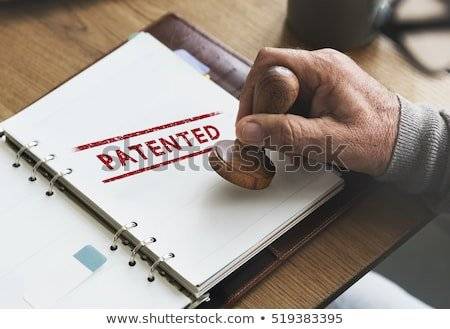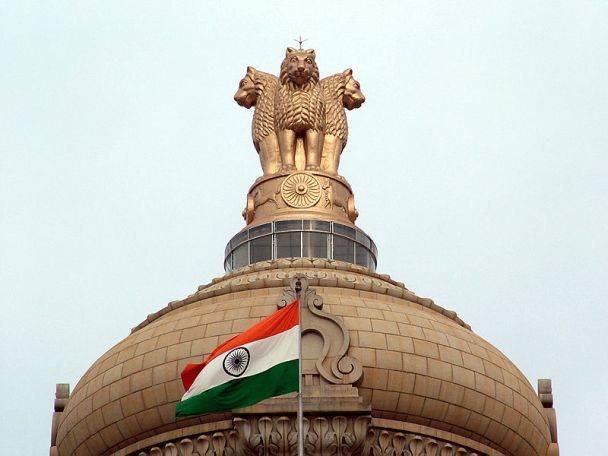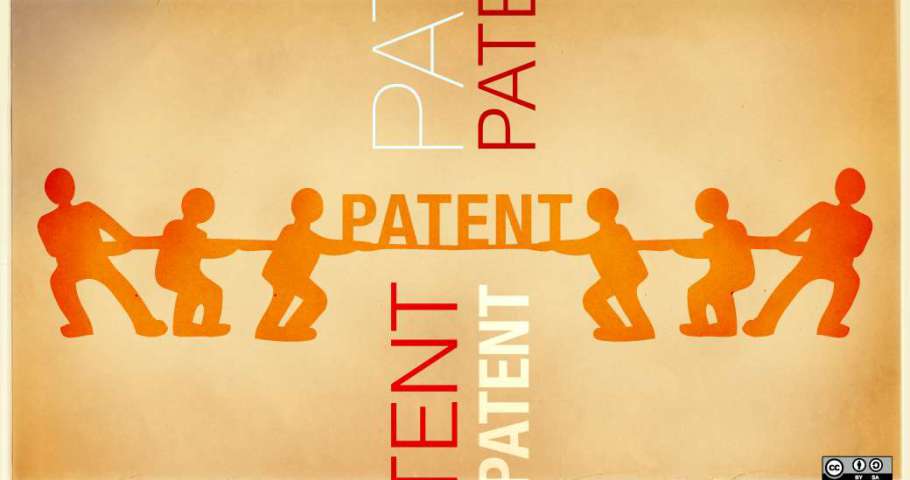This is in furtherance of Gaurav's post with respect to refusal of Pfizer Patent by the Indian Patent Office. I do not wish to repeat the facts or reiterate the order. However, I would like to bring forth one aspect of the order that seems to contradict the Novartis decision of the Supreme Court. In the Novartis case, the Supreme Court clearly laid down that assessment of subject matter and novelty/inventive step cannot be merged, and they are two segregate…








